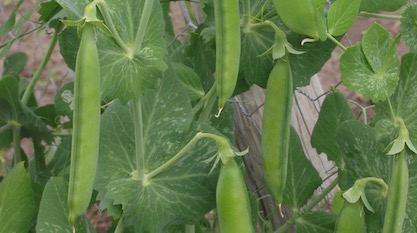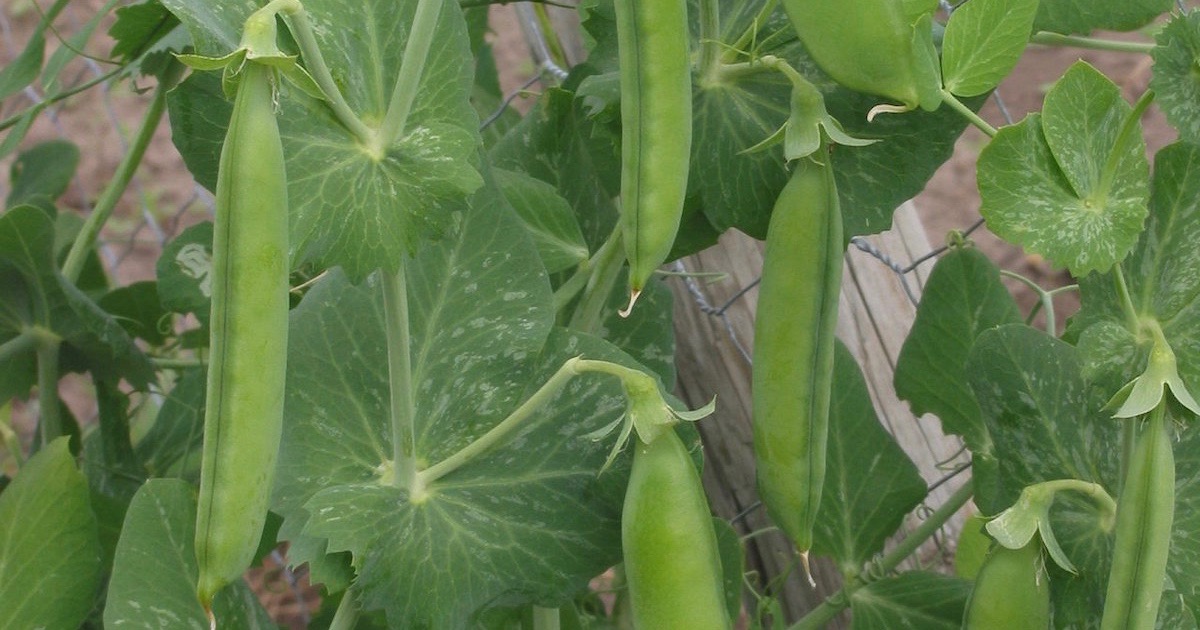 Culture & Ethics
Culture & Ethics
 Evolution
Evolution
 Life Sciences
Life Sciences
Prairie Dogs “Talk”…and Plants “Hear” – More Reasons for Dumping Humankind’s Unique Place in Nature?


Plants respond to light, but they do not “see.” If some also respond to sound, do they “hear”?
Scientific American asks, “Can Plants Hear?” The answer, of course, must be yes. Otherwise they wouldn’t have posed the question that way in the headline:
[N]ew research suggests some flora may be capable of sensing sounds, such as the gurgle of water through a pipe or the buzzing of insects.
In a recent study, Monica Gagliano, an evolutionary biologist at the University of Western Australia, and her colleagues placed pea seedlings in pots shaped like an upside-down Y. One arm of each pot was placed in either a tray of water or a coiled plastic tube through which water flowed; the other arm had only soil. The roots grew toward the arm of the pipe with the fluid, regardless of whether it was easily accessible or hidden inside the tubing. “They just knew the water was there, even if the only thing to detect was the sound of it flowing inside the pipe,” Gagliano says. Yet when the seedlings were given a choice between the water tube and some moistened soil, their roots favored the latter. Gagliano hypothesizes that these plants use sound waves to detect water at a distance but follow moisture gradients to home in on their target when it is closer.
The research, reported earlier this year in Oecologia, is not the first to suggest flora can detect and interpret such information.
Unlike the New York Times, which asks “Can Prairie Dogs Talk?” (see my post of earlier today), writer Marta Zaraska doesn’t turn this into an occasion for lecturing about how humans need to be knocked off our pedestal in favor of all the rest of living creatures. She neutrally observes that, besides pea seedlings, “Arabidopsis, a relative of cabbage, can distinguish between caterpillar chewing sounds and wind vibrations,” and more.
The metaphor seems wrong, however. Prairie dogs don’t actually “talk,” though they do communicate. Similarly, “hearing” would seem to imply cognition, recognition – sentience. Arabidopsis may respond to the sound of caterpillar munching, but it does not “hear” in any sense that makes sense.
But let them have the metaphor. You can guess, can’t you, to what purpose this information will be put before very long at all? Yes, someone is going to use it to further advance the case for plant rights.
Wesley Smith has written about this, prolifically – the mad talk of plant “intelligence,” “pea personhood,” the allied notion of “nature rights,” extending as far as rivers and glaciers. In documenting the siege campaign being waged against human exceptionalism, he is our chief war correspondent.
In this bizarre crusade to mock and humiliate ourselves, science is continually harvested by propagandists, seeking more and more points to score against our privileged place in the cosmos. Right now, some op-ed writer somewhere, some professor or blogger, is crafting another plea for dumping the “parochial” idea of a unique human dignity – based in part on new observations of plant “hearing.”
Want to bet on it? If you’ve read enough of that genre, you could probably go ahead and write it yourself, right now.
Photo: A pea plant, by Rasbak (Own work) [GFDL or CC-BY-SA-3.0], via Wikimedia Commons.
